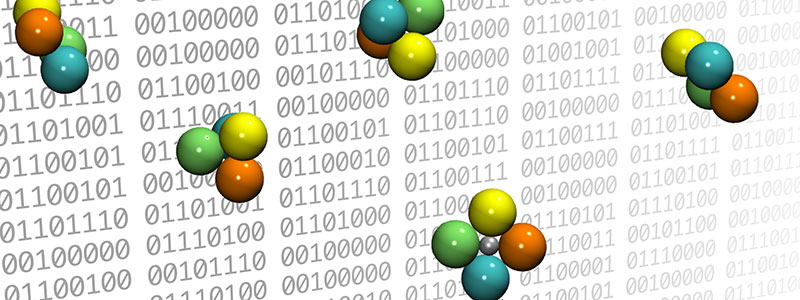Liquid Hard Drives Capable of Storing One Terabyte of Data
August 4, 2014
Researchers at the University of Michigan and New York University have been successful in storing data in a liquid containing suspended clusters of nanoparticles. These 12-particle clusters can reconfigure, similar to the way a Rubik’s Cube can, to represent up to eight million unique states. In a tablespoon of the nanoparticle clusters, the liquid can reportedly store up to one terabyte of data. Liquid hard drives could possibly be used in medicine, law enforcement and other fields.
This liquid hard drive technology works because the nanoparticles in each cluster are attached to a central sphere. Researchers expanded the central sphere by heating up the liquid and found that the particles’ rearrangement is predictable. One 12-particle cluster can hold about 2.86 bytes of data because of the vast number of rearrangements.
“You can use the same mathematics that describes a Rubik’s Cube to show that every rearrangement of the cluster’s spheres is possible and reachable,” researcher Carolyn Philips said in Wired.
Liquid hard drives are still a long way from replacing the solid, rectangular devices known as external hard drives. Researchers still need to be able to manipulate the clusters into the right arrangements across a large volume of liquid. Also, reading the data from the particles is still an exhaustive process requiring a scanning tunneling microscope.
However, once these issues are solved, liquid hard drives could potentially be applied in many different fields. The nanoparticle clusters could store medical information inside the body or detect pollutants in water. Liquid hard drives could also be used to identify liquid materials, such as fuel, explosives and chemicals. With this kind of technology, law enforcement officials may be able to track controlled substances. Also, liquid hard drives could be integrated into soft robots.


No Comments Yet
You can be the first to comment!
Sorry, comments for this entry are closed at this time.